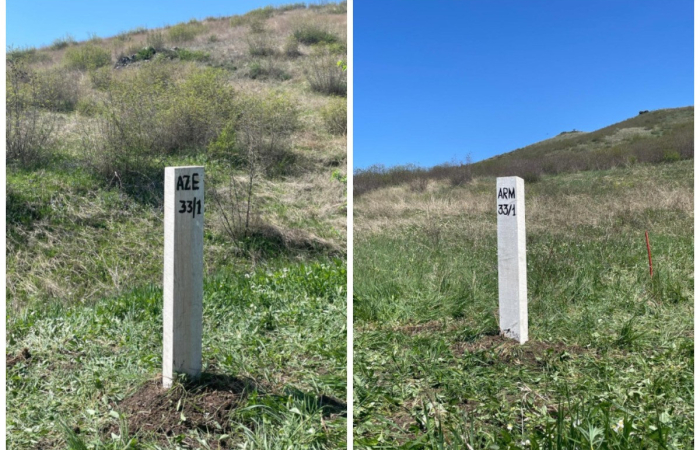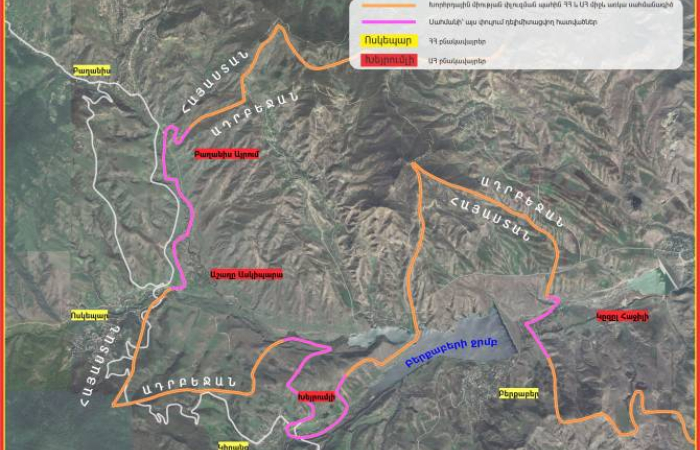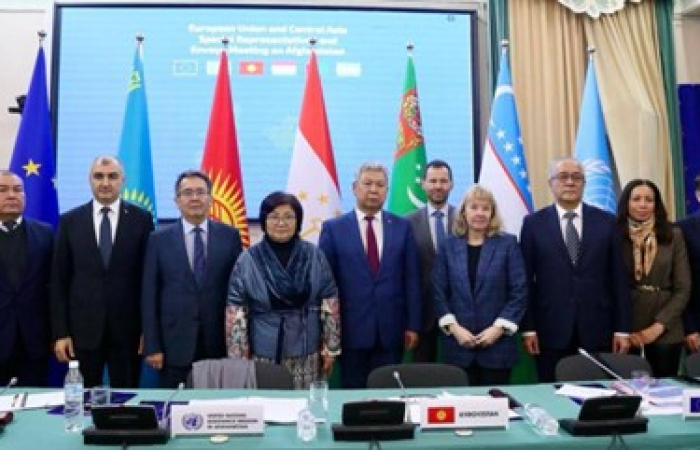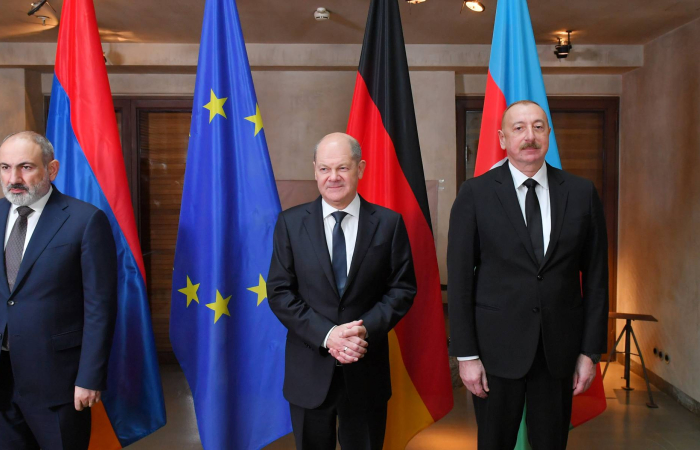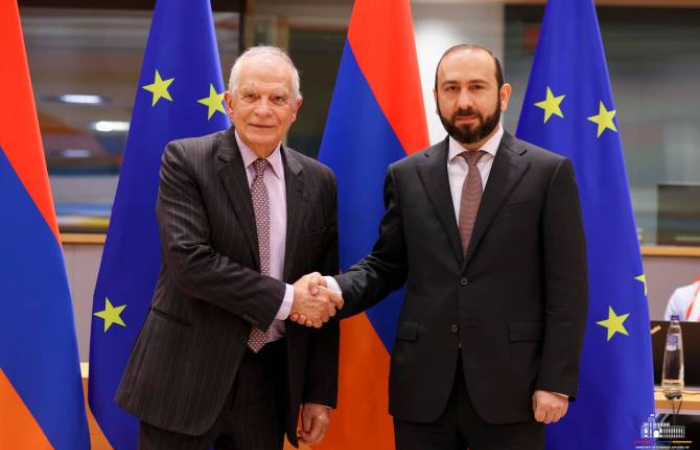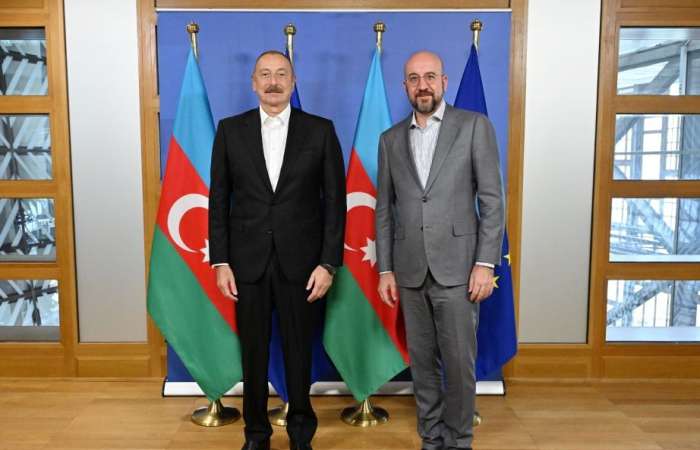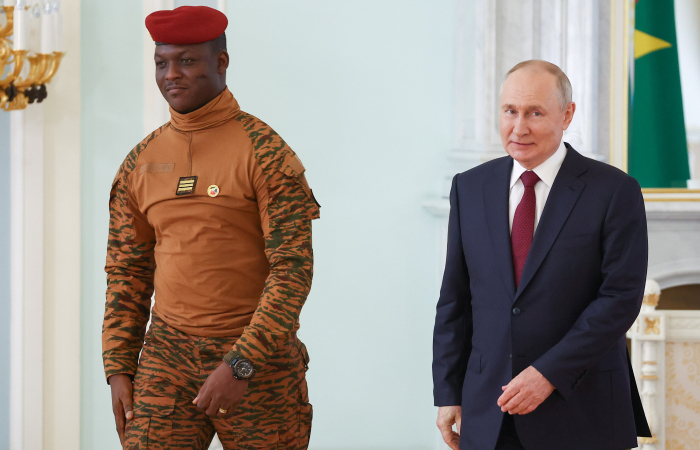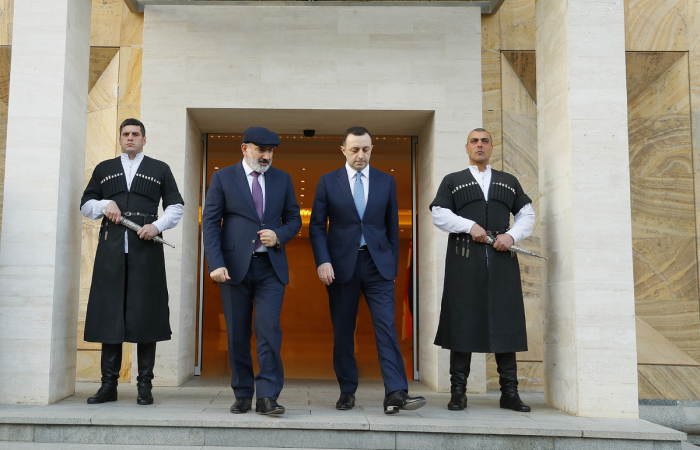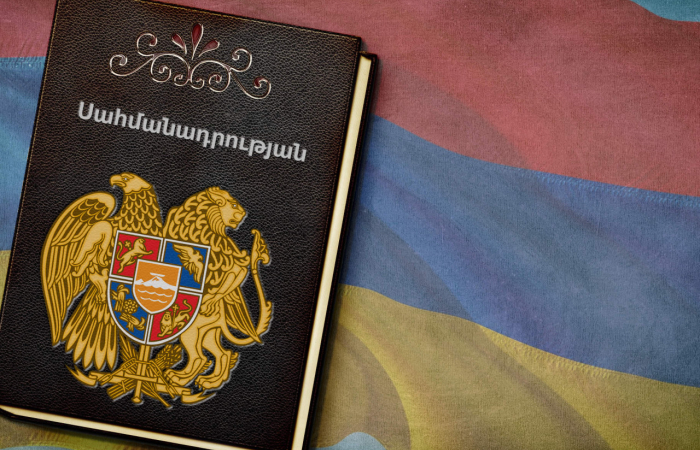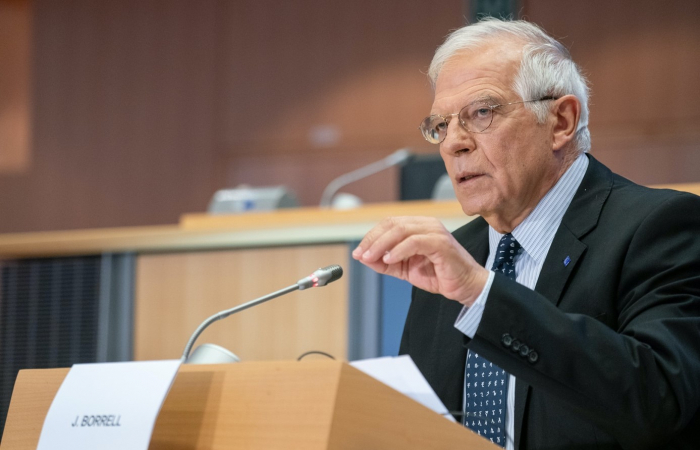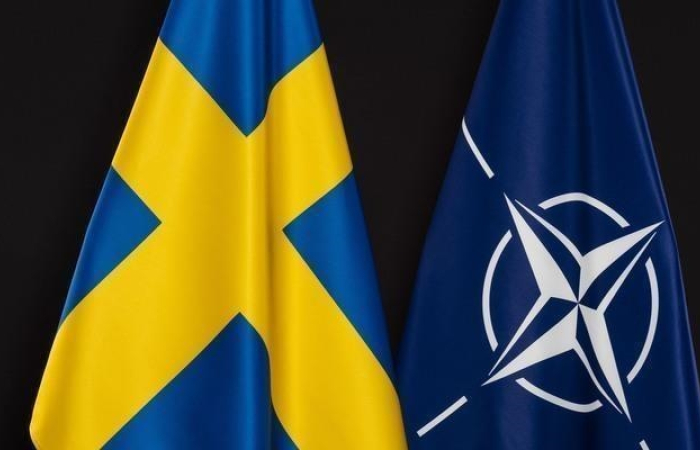Trending
Opinion: Civil society should actively support Armenia-Azerbaijan border demarcation
24 April 2024
The announcement of the return of the four non-enclave villages of Baghanis Ayrim, Ashagi Askipara, Kheyrimli, and Gizilhajili comes as a welcome development. That is not to say that there won’t be problems as the physical process of delimitation/demarcation takes place, and military forces are replaced by border guards, and nor does it ignore the distinct lack of trust between Yerevan and Baku, but it does highlight the need for more focused work in order to build confidence between the sides. Pashinyan has already hinted at the idea of trade between the two communities at some point in an albeit distant future but this is also a region that has experienced significant cross-border incidents for over 30 years.
The task won’t be simple, but civil society in both countries could and should play an important role alongside the work of the two governments.



